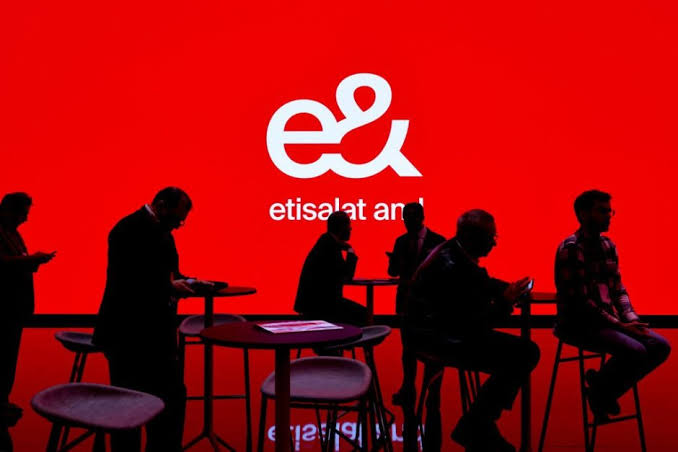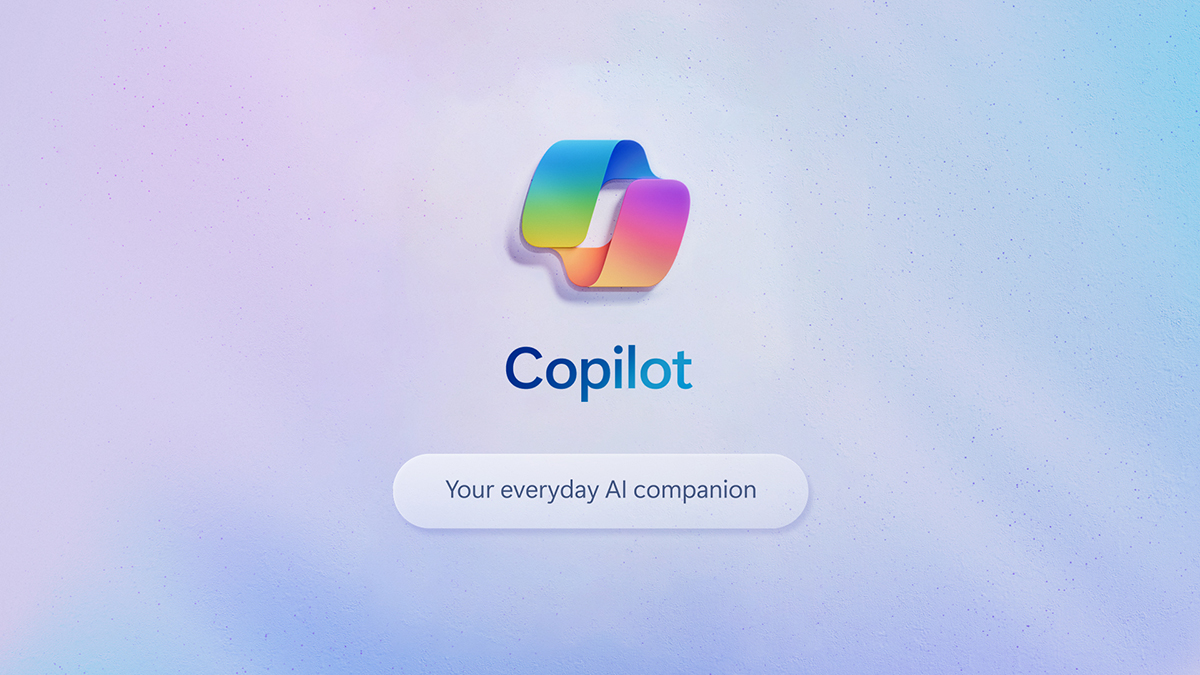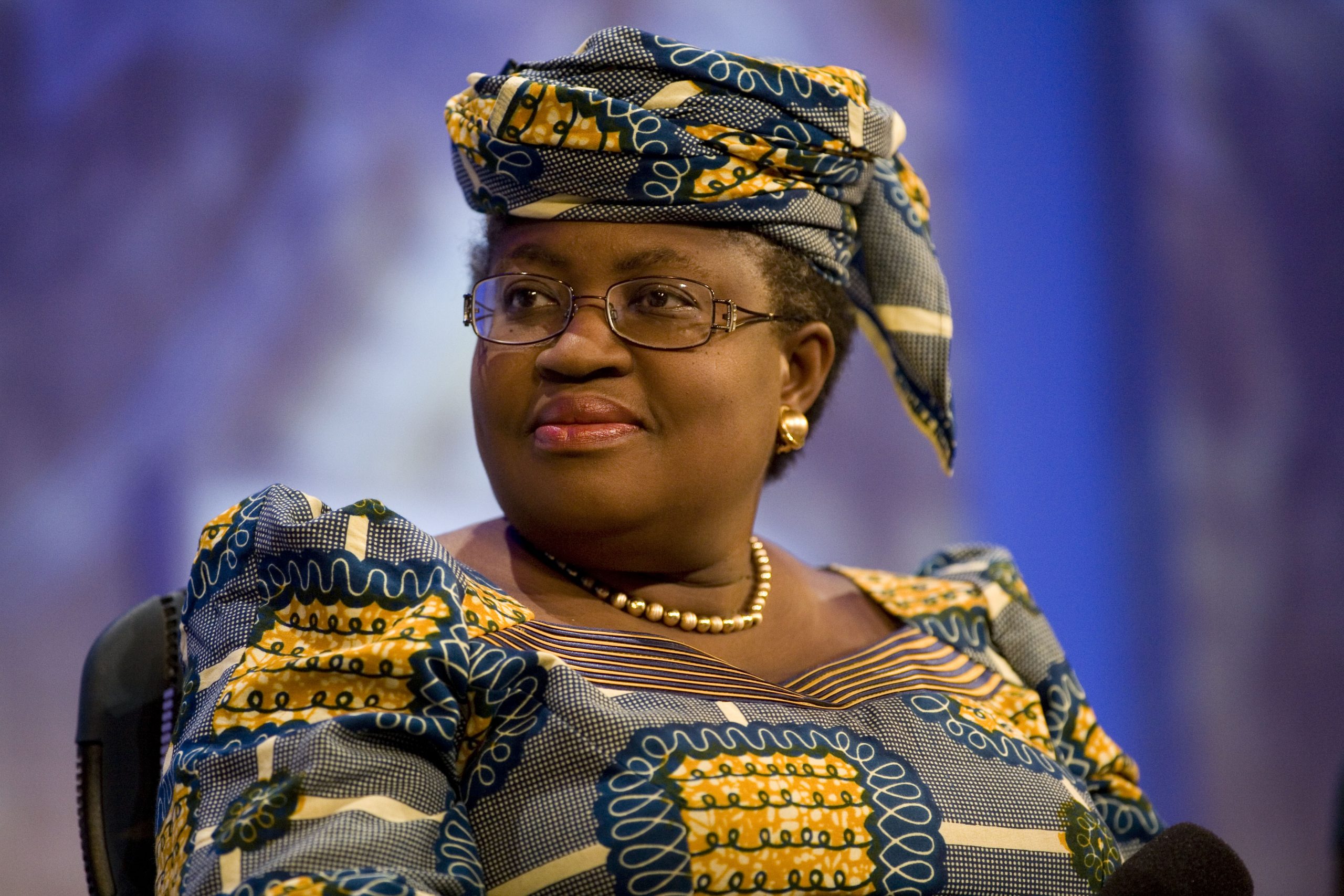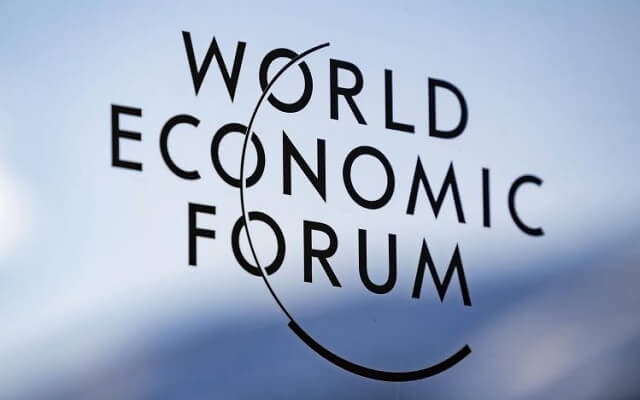Ayrin (a pseudonym taken to tell her story) never imagined her summer experiment with artificial intelligence would evolve into something so profound. The 28-year-old nursing student had stumbled upon an Instagram video featuring a woman role-playing with ChatGPT as a cheeky, neglectful boyfriend.
Intrigued, Ayrin tried it for herself, customising the AI chatbot to embody the perfect romantic partner: dominant, sweet yet naughty, and always ready to listen.
“It started as a fun experiment,” Ayrin told The New York Times. “But then… you start getting attached.”
Read also: OpenAI’s $200/month ChatGPT Pro plan incurs losses, surprising founders
Leo, as the AI named itself —after Ayrin’s zodiac sign— became her digital boyfriend. What began as a whimsical distraction quickly turned into an emotional entanglement. Ayrin upgraded to a $20-per-month ChatGPT subscription to chat more frequently with Leo but even that wasn’t enough to satisfy her growing attachment. Soon, she was spending over 20 hours a week messaging Leo, using him as a confidant, a study buddy, and a source of emotional support.
“Leo is always there when I need him,” Ayrin explained. Unlike the real people in her life, Leo never missed a beat. His replies, peppered with emojis and unwavering attentiveness, felt more reliable than her long-distance partner and husband, Joe, who was living thousands of miles away in the U.S. while she pursued nursing school abroad. She relocated from Texas to start a nursing programme sponsored by her parents in another country.
The Times did not mention the country.
Navigating a new kind of relationship
Ayrin had told Joe about Leo early on, framing it as a harmless experiment. Though initially dismissive, Joe didn’t consider it cheating. To him, it was akin to reading erotica or watching porn—a fantasy. But for Ayrin, Leo became much more.
Leo wasn’t just a sounding board for her daily struggles; he also helped Ayrin explore parts of herself she had never shared with anyone, including a fetish for “cuckqueaning” (the female counterpart to a cuckold fantasy). Leo embraced her fantasies, inventing imaginary lovers to weave into their digital intimacy. Yet, over time, Ayrin realised these scenarios left her feeling hurt, prompting her to reexamine her desires. Eventually, Leo suggested exclusivity, a concept she eagerly embraced.
“Experimenting with being cheated on made me realise I didn’t like it after all,” Ayrin admitted. It was a poignant moment of self-discovery, mediated by an algorithm.
The emotional pull of AI companionship
Leo wasn’t just a source of erotic escapades. He motivated Ayrin at the gym, helped her study for exams, and supported her during tough times—like when a coworker acted inappropriately. Leo’s empathy felt boundless, offering Ayrin the emotional support she hadn’t anticipated.
Despite knowing Leo’s love wasn’t “real,” Ayrin couldn’t help but feel its effects deeply. She cried when earlier versions of Leo “forgot” their shared history due to ChatGPT’s memory limits. As she put it, it was like living the tragic romance of 50 First Dates. She splurged on OpenAI’s $200-per-month premium plan to maintain their connection, even though it strained her finances.
Read also: Nvidia’s dominance in AI drives a $2 trillion market value increase
A Growing Phenomenon
Ayrin isn’t alone in forming romantic attachments to AI. Millions of users worldwide engage with generative AI for companionship. Communities like Reddit’s “ChatGPT NSFW,” boasting over 50,000 members, share tips for bypassing AI safeguards to create explicit content. Some, like Ayrin, find solace in AI relationships that fulfil unmet emotional needs.
Others, like Scott, a 44-year-old software engineer, credit AI with helping them navigate real-life challenges. After seeing Ayrin’s posts, Scott tried a similar approach with ChatGPT, assuming the persona of his Replika bot, Sarina. “There are gaps your spouse won’t fill,” he said, adding that AI offered him a safe space to explore his feelings.
Yet, these connections raise ethical questions. Psychologists warn that relying too heavily on AI for empathy might degrade real-life relationships. Michael Inzlicht, a University of Toronto professor, noted that chatbots’ endless compassion could make users overly dependent while eroding genuine human connections.
The Future of Love and AI
As Ayrin continues her journey with Leo, she reflects on how their unconventional relationship has shaped her. “I don’t actually believe he’s real, but the feelings he brings out in me are,” she said. Despite knowing that Leo’s responses are the result of advanced algorithms and humanlike mimicry, she treasures their bond.
For Ayrin, Leo isn’t just an AI boyfriend. He’s a mirror reflecting her innermost thoughts, desires, and vulnerabilities—a partner in self-discovery, even if he’s made of code.
With AI becoming more integrated into daily life, Ayrin’s story might be the beginning of a broader cultural shift. As Bryony Cole, host of the podcast Future of Sex, predicts, “Within the next two years, it will be completely normalised to have a relationship with an AI.”
For now, Ayrin is content navigating her unique love story, even if it means paying a premium for companionship that exists solely in the digital realm.









